THE FOOD ROOF TURNS FIVE!
Had this year gone as planned, we would be inviting you the FOOD ROOF Farm to recognize its fifth year of operation. However, we have made the difficult decision decided to cancel our anniversary fundraising celebration to keep our FARMily safe. Instead, we’re looking back fondly and proudly at the past five years of growing food and community.
Urban Harvest STL became an incorporated 501(c)3 nonprofit back in 2011 as a community garden. However, the FOOD ROOF Farm (Urban Harvest STL’s oldest and first permanent location) was not built until 2015. Creating a space for this urban oasis in downtown St. Louis brought together members of the community to help build and maintain the space and launched the organization’s internship program, harvest dinners and happy hours, and large volunteer groups.
This page includes some throwback photos, the story of how we came to be, our past five years in numbers, and other ways you can celebrate five years of the FOOD ROOF with us!
LOOKING BACK
FOOD ROOF vine-cutting ceremony, June 2015
















listening back
Learn more about our origins and early days from our founder, Mary Ostafi, at her TEDx talk from 2016!
In this podcast episode, Mary, a self-identified recovering-architect-turned-urban-farmer, discusses why food matters, what she loves about growing in a city, and how the FOOD ROOF was founded – including the challenges, collaborations, and joys of St. Louis’s urban farming community.
counting back
We’re proud of our growth over the past five years – as a farm, an organization, and a community. Check out some of the metrics representing our impact since 2015.
giving back
Still looking for ways to celebrate five years? Become a Friend of the FOOD ROOF!
Partner with us to build a more resilient, equitable and racially just local food system while enjoying the perks of membership. Your support increases food access to residents living in under-resourced neighborhoods of St. Louis and helps us provide educational opportunities on food, farming and sustainability.
As we enter the next five years, centering racial equity in every aspect of our work is our highest priority. Through collaborations with our BIPOC neighbors and stakeholders living near our urban farming projects, we strive to establish resilient, long-term community-based projects that will return control of the food system back into the hands of the people consuming it.











